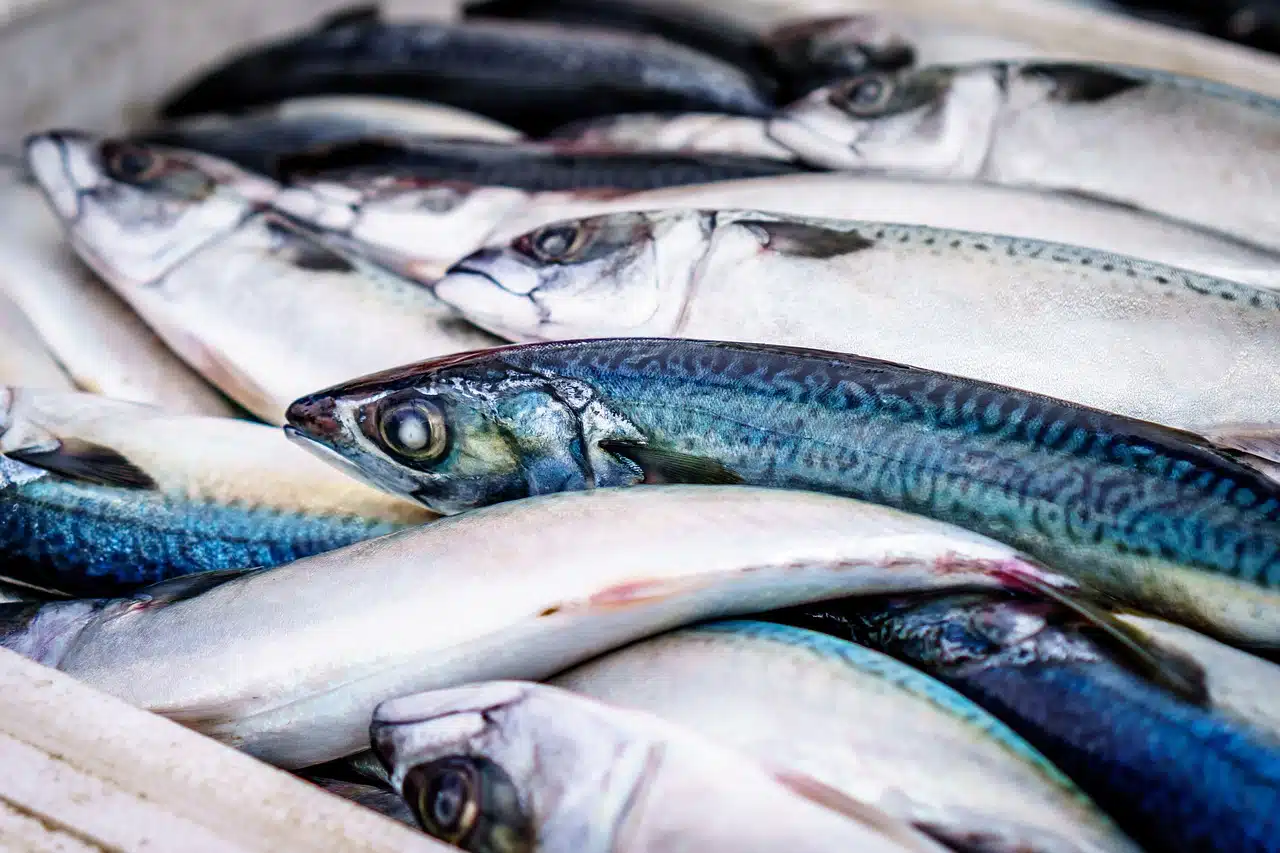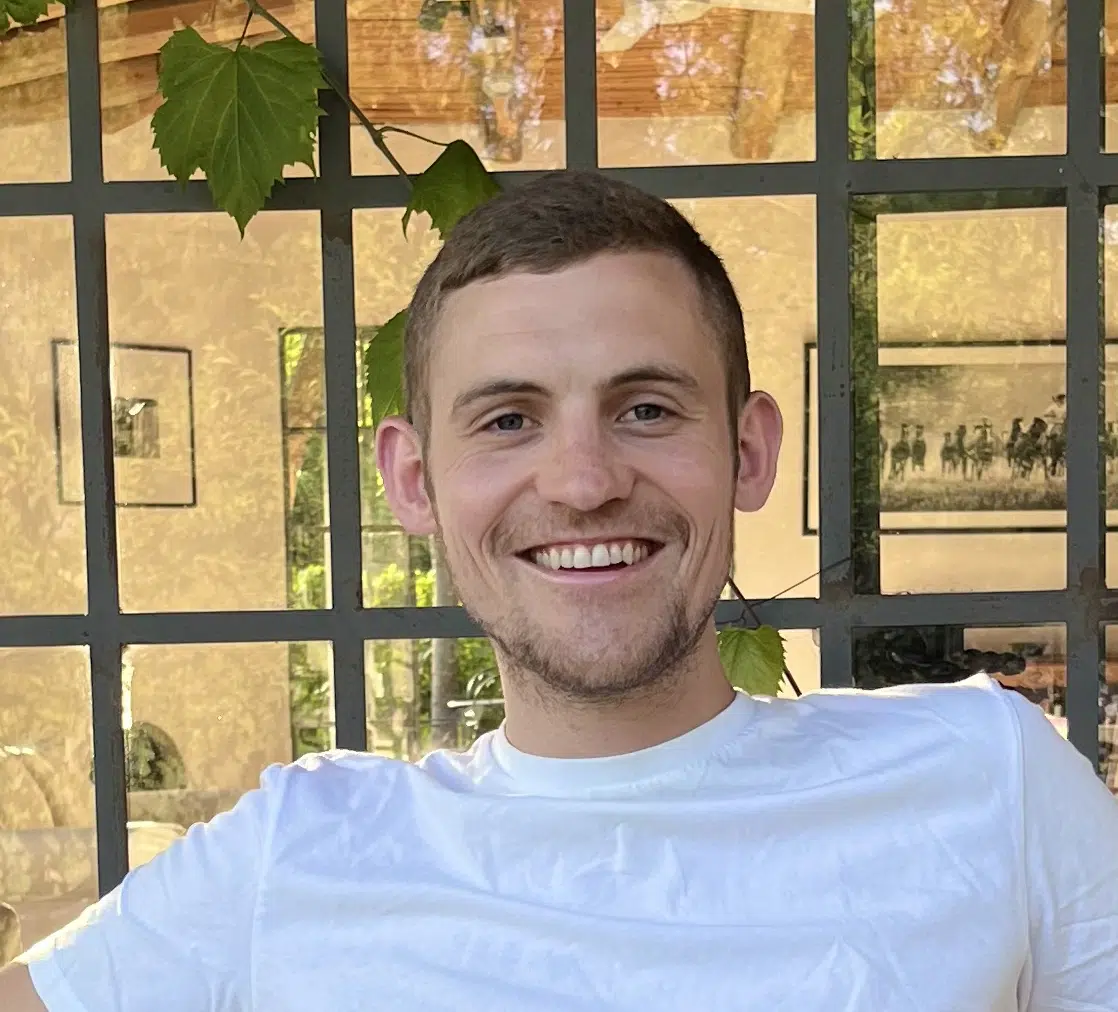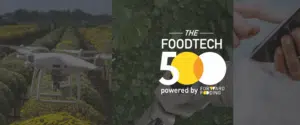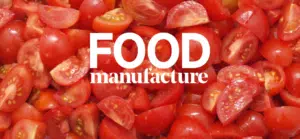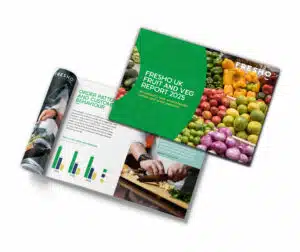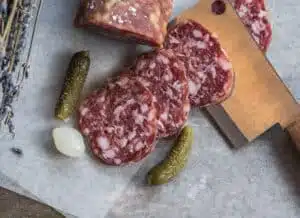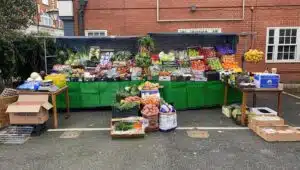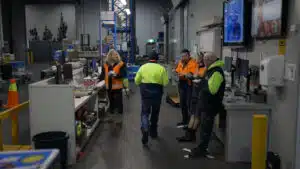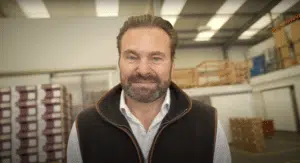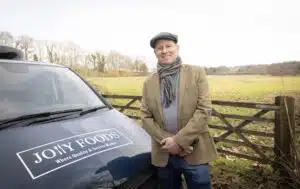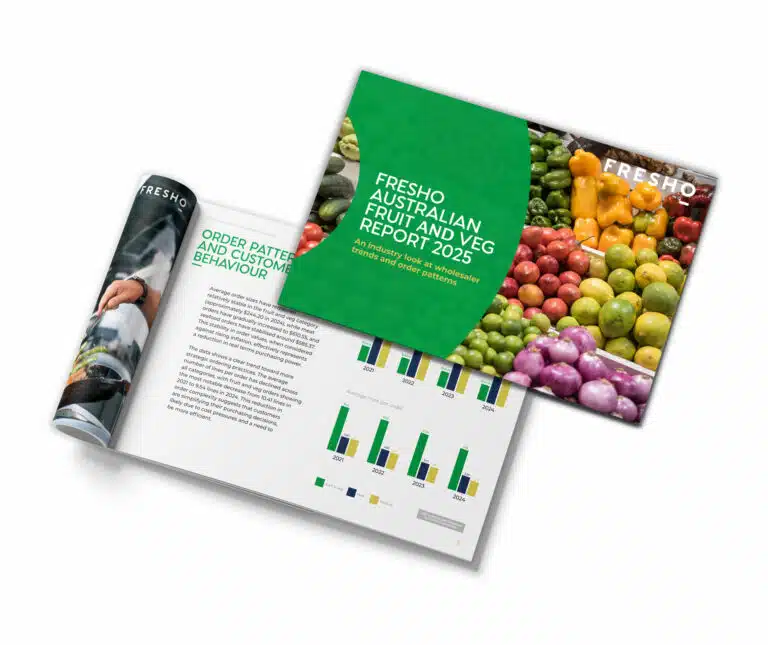In the latest episode of Fresh Food Insiders, we speak with the family behind fish supplier Swansea Fish, Debora and Ciaran Rees. This articulate Mum and Son duo share the story behind Swansea Fish and the daily challenges they face.
We also hear about the tears as this family business transitioned to the younger generation. And how, ultimately, Fresho helped to turn those tears into triumph.
The interview is hosted by Fresho’s co-founder, Huw Birell.
Interview: Debora and Ciaran Rees from Swansea Fish
Huw: First things first, Debora, I’d love to hear why you got into the fish supply industry and how you started Swansea Fish
Debora: Well I got made redundant. I was an area manager running a security company. And I was going to set up my own security company.
And in the meantime, I got asked to help out in a family member’s fish shop. And I just thought… This is really easy. It wasn’t, but (I thought) this is really easy. So I got a little van and I started going around the houses and selling to the public. And then I bought a couple of shops and that was going well.
And I thought, why am I buying off a wholesaler when I can do it myself? So I set up a cooperative of other fishmongers and I would buy for all of us. And eventually I moved into a big unit. And I think at the time there was about four fish suppliers in Swansea. And then one by one, I took the business, now there’s only us left. It’s been good.
Huw: What do you love about the fish wholesale industry?
Debora: It’s quite an organic business. You know, from the fishermen, they’re just a breed to themselves. There is nobody else like a fisherman.
They’re very unorthodox. Dance to their own tune. And then you deal with colleges to sell to. You deal with restaurants, you deal with the public. Every day is a different day.
Huw: And what don’t you like about the fish wholesale industry?
Debora: The smell of fish, probably. And, men. Men don’t like women in the fish industry. That’s been a challenge over the last 35 years I can tell you. And the cold. Nobody likes the cold, do they?
Huw: And what about work life balance? Sometimes it’s early mornings, how do you find that?
Debora: I think the funny thing with our industry is because we’re dealing with restaurants and hotels, it’s almost a 24 hour operation. So although we leave work at sort of two o’clock in the afternoon, one, two o’clock in the afternoon.
That’s when our customers are starting. So although we’re not physically in the building, we don’t really stop working because they’re ringing us.
We had a rule when the children were small, Paul, my husband and I. We would watch a movie between half past seven and nine o’clock because the chefs were all in service, so I knew the phone wasn’t going to ring. That was our time to sit and watch a film. You couldn’t do any other time.
Huw: What about fluctuating prices and availability? It’s an industry where prices and availability change regularly.
Debora: I’m not trying to plug Fresho, but one of the great things is, if a chef finishes work and at 12 o’clock at night he thinks, ‘oh, better put my fish order in’. What would normally happen before Fresho is they would leave a voicemail on our answer machine.
So for argument’s sake. The day before, they could have had wild bass, local wild bass, and they’ve got it on their specials, or they’ve got it on their menu. They put that order in, we haven’t had any landings, they don’t know that, and they haven’t got what they want the next day. Whereas with Fresho, they would go on and see it’s not available, and automatically think, well, I’ll have the halibut. And it keeps them a lot happier, so that’s been really good, isn’t it?
Ciaran: Yeah, that is good, and you asked about the change in pricing as well. For us, Fresho does make that easier as well, doesn’t it? Because it’s much easier to keep on top of it. Especially in the last sort of year, 18 months, prices have been really, volatile, haven’t they?
Debora: Yeah. Particularly on Frozen Cod. Frozen Cod went from a stable £32 a box, literally overnight it’s at £55. And that’s for a 10 box, 20 portions. Horrific. It’s now dropped back down. Dropped right back down to pretty much almost where it was before. It is an industry unlike any others.
Huw: There’s something about fresh produce as well, right? It drives the industry.
"You've got to be switched on. It's like playing the stock market. Buy it at the right time, the right quantity, guessing what people are going to order and when. You never really know what you're going to come into."
Ciaran Rees
Debora: And the weather! You know, we have to watch the weather a week in advance. So we know if we can’t get hake from Cornwall, we start looking up in Scotland. It’s hard, isn’t it?
Ciaran: Yeah, it’s difficult to predict. It’s all about knowing your customer as well, I think. Knowing what they want and when they want it. And speaking with them a lot.
Huw: How do you stay on top of margins? How else you communicate with your customers?
Debora: Well, again, Fresho’s pretty good at that. Whereas I would have to either sit down and physically send a load of WhatsApp or I’d be ringing a chef. You can’t just phone up and say, we just had to land in grey mullet, I can do a great price on it.
They want to have a chat. It just takes too long, whereas Ciaran will just put it on special, on Fresho, it’s out there. And it’s the first thing that people will see. It’s a much quicker, more efficient way to get the message out there.
Huw: What are your business goals for this year?
Debora: We’ve seen some good growth this year, haven’t we? Which is sort of contrary if you spoke to our customers, they would say that they’ve not had a fantastic year, but we’ve done quite well. And I hope that we’re going to grow some more next year. We’re doing quite a lot with the smoked products as well.
We’ve got a very healthy turnover. We would have been down, but between Ciaran, mainly Ciaran actually, I’m normally the one that brings people in, but Ciaran’s been doing it. We’ve got more customers in, so even though the spend is less per customer, we’ve got more customers.
Huw: How do you keep customers happy?
Ciaran: We’ve got quite a hands-on personal approach with our customers. We don’t really have any office staff, you know, dealing with people over the phone. It’s just us and Dad. My brother’s just started as well. So the only people that our customers deal with are us. We go out and visit as many customers as we can throughout the year.
Huw: It sounded like Ciaran was not initially interested in joining the business. How did that work out?
Debora: It was difficult because Ciaran had his own ideas and I’m set in my ways. I mean, for me, I’ve got a great business. I make money and I keep my customers happy. Why do you want to change that? But it’s been a good transition.
"I mean I had high blood pressure when he first came here. I thought he was going to kill me! But we did get there in the end didn’t we? I think we both give a bit. He now takes a phone home and speaks to customers outside work. I’ve learned to accept new modern ways."
Debora Rees
Ciaran: Yeah, I think there was a lot of friction to begin with. As I say, I had come from a very modern, very forward thinking business.
Debora: I’m not just making this up. There was a lot of tears. The both of us were just crying all the time. Frustrated, angry. Didn’t think it would work. It’s brilliant now, isn’t it?
Ciaran: Fresho for me was almost the turning point. It was around that time that I felt the business was moving a little bit more in my direction that I could understand and get onboard with. Which helped me bend a little bit towards Mum in the way that she wanted things doing as well.
Huw: Do you look at food wastage and sustainability as a fresh fish supplier?
"If we fillet something, then the skin and the head all goes to the lobster fishermen. So that goes for bait. We don't put that into the landfill"
Debora Rees
Debora: The biggest issue we’ve got are polystyrene boxes. That is the biggest thing. And don’t get me wrong, it’s not just me in the industry, other people in the industry. We’ve tried cardboard. It’s not great for the fish, it’s not great at all.
Ciaran: I found it really interesting when I started that really the whole industry uses these poly boxes, which is a material which is actually contributing towards killing the environment from where the product comes from. It’s a really bizarre thing to use. I’d like to see it gone, but what are we going to replace it with? I suspect it’ll go towards reusable boxes.
Debora: Well, we did, before you came into the business, I did actually try that. We bought boxes, albeit plastic.
And we were sending the fish over in that. But then we weren’t getting the boxes back. Maybe if the restaurants themselves bought boxes, then they would be keen to send them back over to us. That is something we’ve thought about doing again, isn’t it? But there’s very little waste here.
Ciaran: No, there’s no waste. Yeah, we portion quite well. Four or five different varieties of fish for our restaurants, depending on what size portions they want. That does create small off-cuts that we can’t use as a portion, but we then create a pie mix out of that. So, you know, there isn’t really much.
Debora: No. There’s a home for everything. And it’s never going off. It’s not for keeping. You eat it today.
Huw: Thanks so much, Deborah and Ciaran. We’re very excited that we’ve been able to make a difference and really appreciate the opportunity to talk about Swansea Fish.
Debora: Pleasure. Thank you for changing my life.
